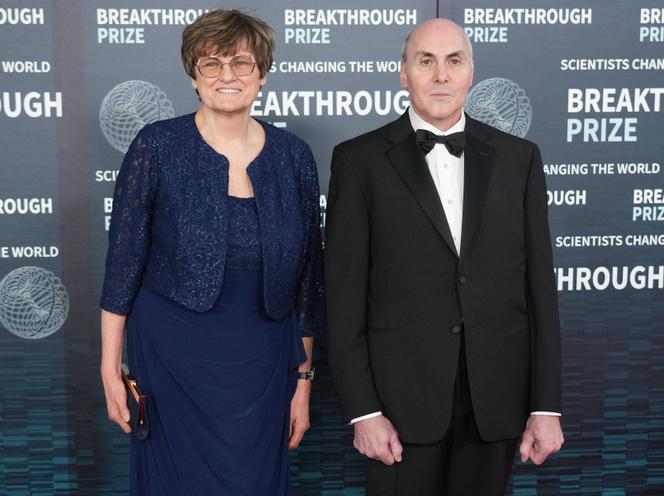


The Nobel Prize for Medicine is often criticized for only rewarding old scientists, usually men, who are almost always a long way from their discovery. Usually, the award is unrelated to current events, too. This year, however, the jury took the opposite route. On Monday, October 2, the Hungarian scientist Katalin Kariko, Vice President of BioNTech, and American scientist Drew Weissman, Professor of Vaccinology at the University of Pennsylvania were awarded for their decisive contribution to the development of the messenger RNA vaccine. In other words, the jury awarded a woman and a man, both in their sixties – almost toddlers in the ranking – less than three years after the first use of this revolutionary technology.
Meanwhile, Pfizer/BioNTech and Moderna's messenger RNA vaccines have turned the world of research and healthcare upside down. In fact, they turned the world upside down. In the international race to immunize against Covid-19, these newcomers outstripped all previous technologies – inactivated or attenuated viruses, recombinant proteins, and viral vectors. In ten months, the two laboratories developed safe, protective vaccines. With an efficiency of 95% against the initial strain of the virus, they have even outperformed all their competitors. In Western countries, notably North America and Europe, they account for the overwhelming majority of doses administered. Without taking the slightest risk, we can therefore assert that the more than 13 billion injections of messenger RNA vaccines already carried out have made it possible to avoid an even deadlier catastrophe.
The two scientists have already garnered a fine crop of awards. These include the Breakthrough Prize – the most endowed – the highly prestigious Princess of Asturias Prize and the prestigious Lasker Prize. The French Academy of Sciences also awarded its grand medal to Katalin Kariko. All that was missing was the laurels from the Swedish Academy, which everyone had been promising them for two years. Now they have them.
But beware of false evidence. "People should know that this wasn't just a one-off experiment that we did and the vaccine was made in 10 months," Drew Weissman told the New York Times. "We did the modified mRNA and we are getting the honors, but the vaccines are based on 20-plus years of work by Kati and I and work by hundreds if not thousands of other scientists." The prize list thus leaves in the shade those who came before, such as Americans Robert Malone and Philip Felgner, the first to have shown, in 1990, that a mixture of messenger RNA and fats could enter cells and produce proteins. Or France's Frédéric Martinon and Pierre Meulien, who established in 1993 that messenger RNA encapsulated in lipid spheres could trigger an immune response.
You have 67.09% of this article left to read. The rest is for subscribers only.
